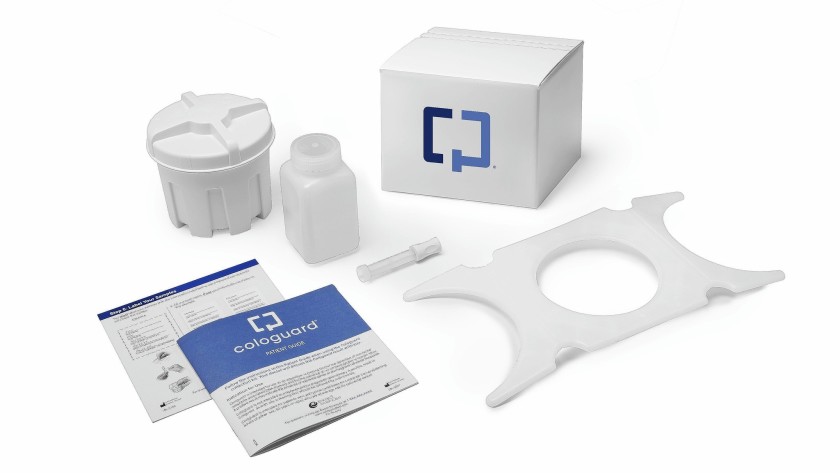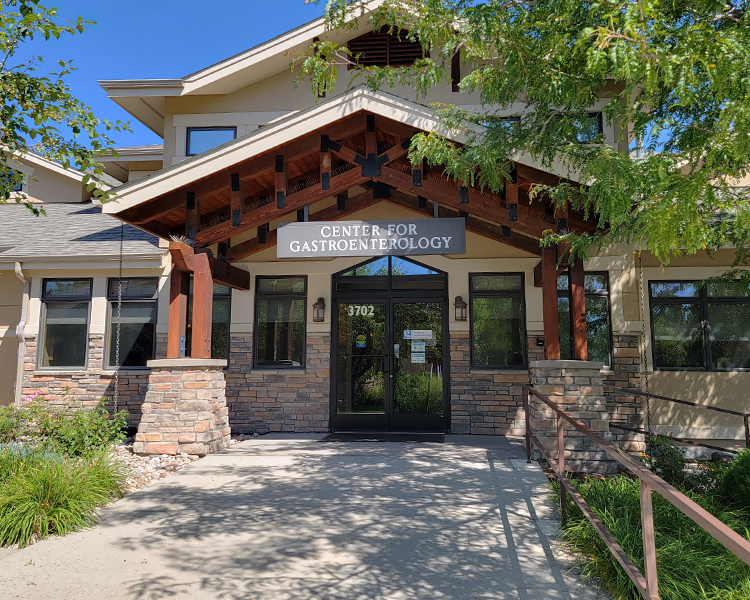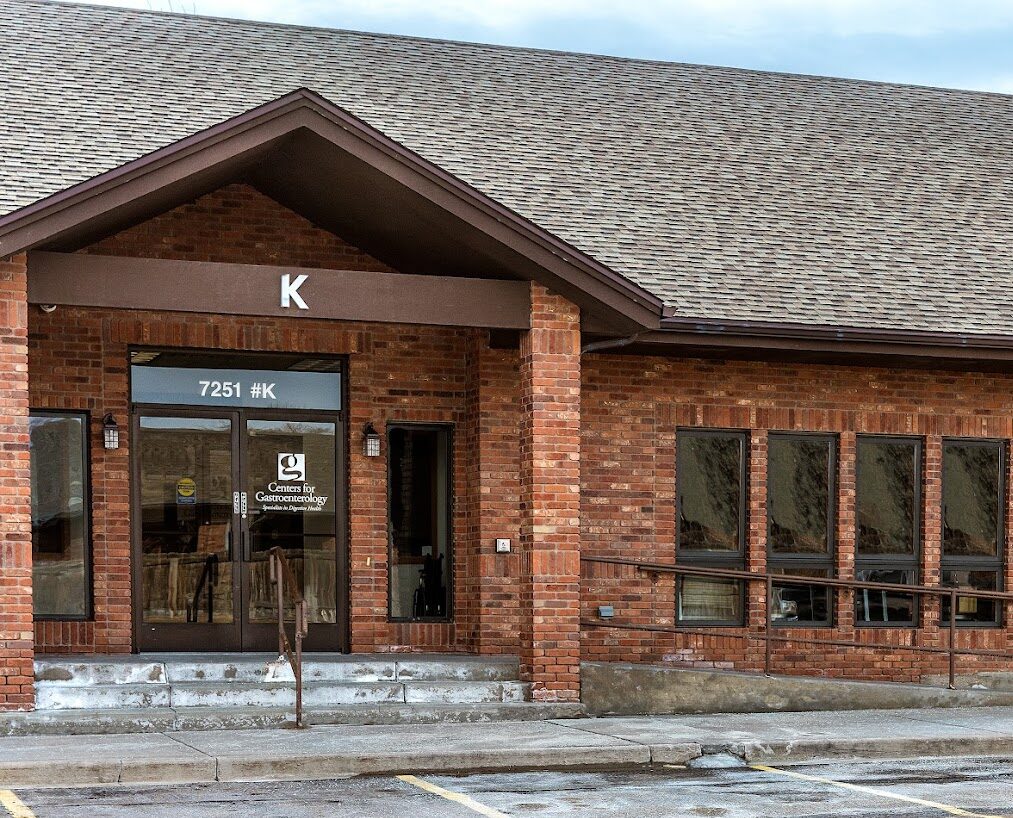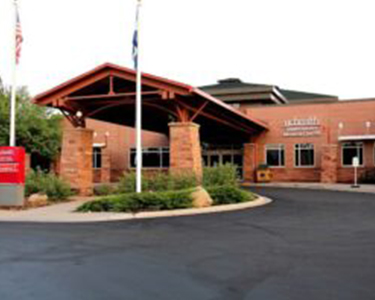
Colonoscopy vs. Cologuard
The third most common cancer in the United States is colorectal cancer. The American Cancer Society estimates 145,000 new cases this year. Along with this, colon cancer is expected to cause approximately 51,000 fatalities in 2019. The risk for colon cancer is only slightly lower in women than in men with overall lifetime risk of 1 in 23. Colon cancer is a potentially preventable cancer and it is important to be screened regularly. The time to start screening is usually at age 50, however, this depends on several variables including family history. Given the increased incidence in younger individuals, the American Cancer Society recently recommended starting screening at age 45.
In the last decade, both the colorectal cancer incidence and fatality rate has been decreasing in both men and women due to the evolution in screening technologies. Doctors now have the capability to find pre-cancerous and cancerous polyps earlier in patients giving them enough time to start treatment and prevent progression. There are over 1 million survivors in the United States. Many cancers may also be prevented by removing pre-cancerous polyps before they grow into a cancer.
Centers for Gastroenterology, located in Fort Collins, Loveland, and Greeley, is dedicated to providing the highest quality service and value to each of their patients. With a commitment to early detection and prevention of colorectal cancer, they offer the latest techniques for colon cancer screening. The two more common tests are colonoscopy and the more recently approved Cologuard stool test.
A colonoscopy is performed by a gastroenterologist and typically takes about 30 minutes. Sedation is administered to provide comfort during the exam. A bowel preparation needs to be performed the night prior to allow good visualization. During the procedure, doctors insert a flexible colonoscope into the colon through the rectum. The scope has a small high definition camera that will allow the physician to view the inner lining of the colon while they look for any abnormalities. If polyps are identified, most can be removed at the time of colonoscopy. There is a small chance of adverse outcomes including sedation complications, bleeding or very rarely bowel perforation (less than 1:1000-5000). Colonoscopy is considered the gold standard for colorectal cancer screening against which all other screening tests are compared.
In 2014 the FDA approved a new technology to detect colon cancer called Cologuard. This is a test that analyzes stool for abnormal DNA that is common to developing colorectal cancer cells. It also includes a fecal immunochemical test (FIT), which checks for blood in the stool, combined with the DNA testing. Historically, FIT testing was one of the more common alternatives to colonoscopy but sensitivity is decreased in comparison. The primary advantage of Cologuard is it is a noninvasive test with a sensitivity of 92% for detecting colon cancer. It needs to be done every 3 years and is only FDA approved for individuals considered “average risk” for colon cancer. If there is family history of colon cancer or polyps, or a personal history of polyps, Cologuard should not be performed. Cologuard sensitivity for detecting advanced precancerous polyps is poor coming in at only 42%. Cologuard misses 8% of all colon cancers. Cologuard also has a high false positive rate. Any positive Cologuard requires a colonoscopy to further evaluate. From an insurance perspective, a colonoscopy for evaluation of an abnormal test such as Cologuard is usually considered a diagnostic test subject to deductibles and copays. The Multi-Society Task Force ranks Cologuard as a tier 2 test compared to colonoscopy being considered tier 1. Below is a comparison of both tests:
| Colonoscopy | Cologuard | |
| Location | Endoscopy center or hospital | Home |
| Preparation | Fasting and prescribed prep | No preparation needed |
| Accuracy | Highest sensitivity and specificity | High false positive rateMisses 8% of colon cancersMisses 60% of advanced polyps |
| Risks | Procedural risks | Test characteristics |
| Interval | Every 10 years | Every 3 years |
| Insurance | Covered for screeningPositive result may convert into diagnostic test | Usually covered for screeningPositive result requires colonoscopy subject to deductible and copay |
Colon cancer screening has provided a major positive impact on early detection and improved outcomes for patients with colon cancer. It is important for all adults greater than age 50 to be screened. If you have questions about colon cancer screening, colonoscopy, or to schedule an appointment, please call the Centers for Gastroenterology at (970) 207–9773 for the Fort Collins office, (970) 669-5432 for the Loveland office, or (970) 378-1414 for the Greeley office.
References:
https://www.cancer.org/cancer/types/colon-rectal-cancer/about/key-statistics.html
Imperiale, TF, et al., “Multitarget Stool DNA testing for Colorectal-Cancer Screening,” New England Journal of Medicine 370(14): 1287-1297 (2014).
Rex, DK, et al., “Colorectal cancer screening: Recommendations for physicians and patients from the U.S. Multi-Society Task Force on Colorectal Cancer,” Gastrointestinal Endoscopy 86(1): 18-22 (2017).





